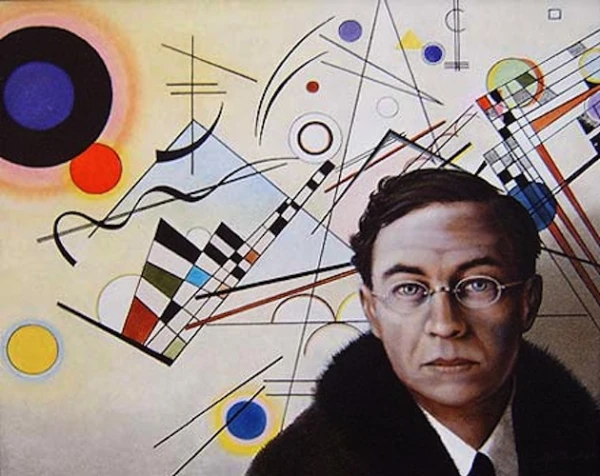
Today, his paintings sell for millions of euros at auctions.
A biography of Wassily Kandinsky (1866-1944), written by art historian and writer Olga Medvedkova, has been published by the French publishing house Flammarion. This is already Medvedkova's third book dedicated to the genius of the avant-garde and the first major biography of the artist based on archival materials in five languages. The author reveals not only the master but also the man: sensitive, reserved, intolerant of cruelty, loving comfort and routine, yet invariably choosing freedom.
"This book does not contain radical discoveries, nor are there completely new sources that no one has known about," says Olga, "Kandinsky has indeed been studied by many specialists in different countries around the world. He is a person who was not tied to one country. We cannot call him a Russian artist, a German artist, or a French artist. Therefore, I used sources in five languages — Russian, French, German, English, and Italian. There are sources that are known only in one national context, but there are also those that I became interested in for what seems to be the first time. I am glad that I brought into the Western, primarily French, context sources that were known only in Russian and even there were not fully read. First of all, this includes information about his early years, childhood, and youth. I drew them from only partially published Odessa archives. This allowed me to add information that many authors missed. Thus, a new image of Kandinsky emerged — that of a child. Then — of a young man and student, which became possible after studying his correspondence with a close friend, Nikolai Kharuzin. Nikolai was a remarkable person, the first serious Russian ethnographer. His sister Vera preserved this correspondence, as well as the entire family archive."
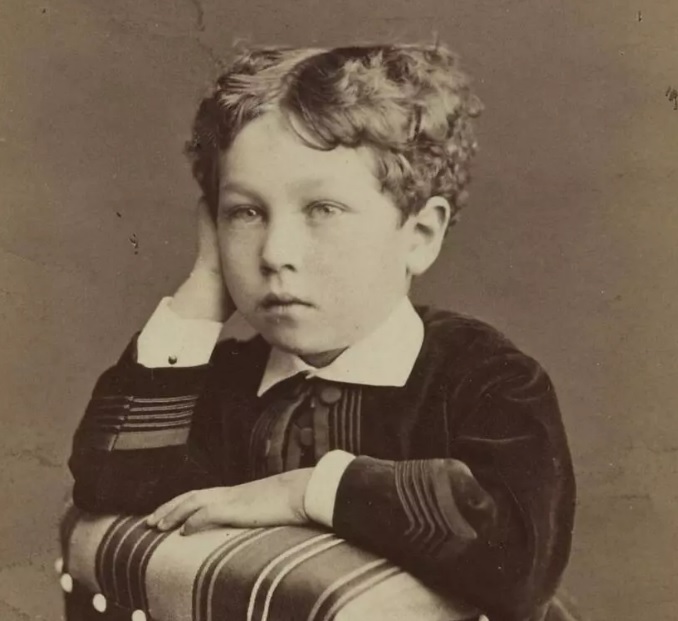
"It is important to change the existing view of Kandinsky as a person whose mother abandoned him in childhood — left the family, divorced, and he remained an unhappy boy who grew up with complexes. Now we know that his parents had some problem, probably of a physiological nature. His father fell ill, he was treated in Italy, after which the family moved from Moscow to the south (to Odessa). Was it a lung disease or some other illness? Either way, his health condition was one of the reasons for the divorce. His parents received permission from the church for the divorce, after which his mother quickly remarried a family friend, and she had four more children. And his father never remarried. Kandinsky was his only son."
"Kandinsky came from a family of the wealthiest merchants. In Russia, this is a very interesting layer: they had both means and time and opportunities. Of course, we can remember the collectors Morozov and Mamontov. Among Kandinsky's relatives, there were also collectors and patrons. These are people who were raised with a sense of social and historical responsibility, people of enlightenment.
Kandinsky also developed a sense of responsibility very early. He feels that he must choose the right field of activity: he received a lot and now must give back. He is a person with leftist views. We understand this from his correspondence with Nikolai Kharuzin."
"He truly suffers for people. Kandinsky belongs to those people who cannot live indifferently or enjoy material and cultural benefits while observing the poverty and powerlessness of people, primarily — national minorities.
It is important to understand that Kandinsky was born in 1866. All the avant-garde artists were born much later, starting from the late 1870s. Kandinsky is at least 15 years older than them. He belongs to the generation of symbolists.
In many of his traits and manifestations, he is a paradoxical personality. He spent 15 years obtaining a multifaceted humanitarian education. He is both a brilliant intellectual and an artist who allowed himself spontaneous, largely anti-intellectual creativity.
While studying at the law faculty of Moscow State University (which was then something like a School of Human Sciences), he became interested in a new science, ethnography. He intended to work with small peoples. This is, of course, a political choice: small peoples were humiliated and robbed, their situation was even worse than that of the majority. And, of course, he was moving in this direction not by chance. Later, he realized that he needed to dedicate his entire life to ethnography, but he could not help but engage in painting.
He studies political economy, writes a paper on the punishments of peasants. He sees cruel corporal punishments, although the law provided for alternatives. After the 1905 revolution, returning from Munich to Odessa after a long break, he writes to his friend Gabriele Münter: "Finally, we are not subjects, but citizens." But at the same time, he is horrified by the pogroms.
We understand that his departure is connected not only with the desire to study but also with the fact that he cannot stand life in Russia. He constantly strives to leave."

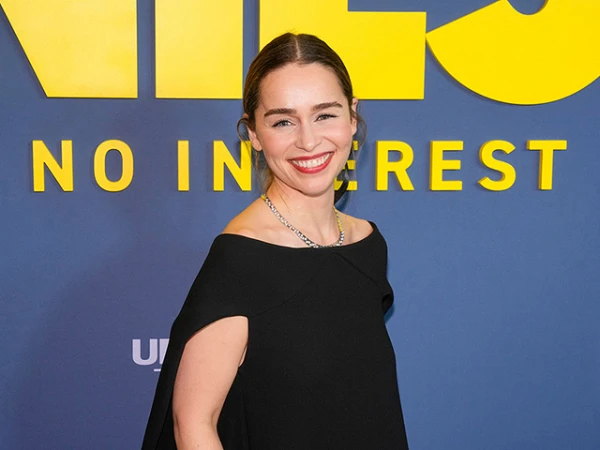


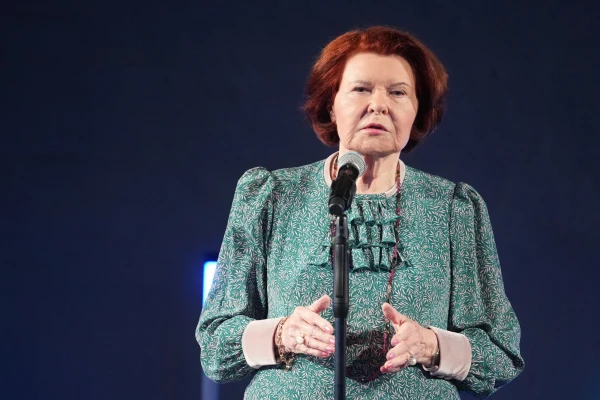


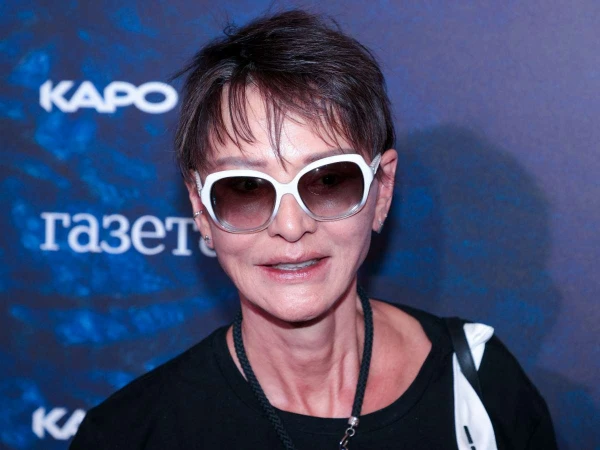
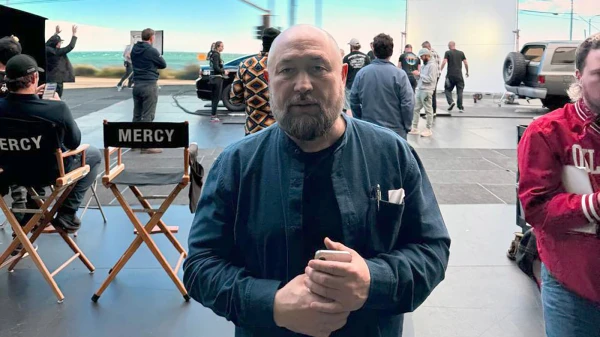




Leave a comment